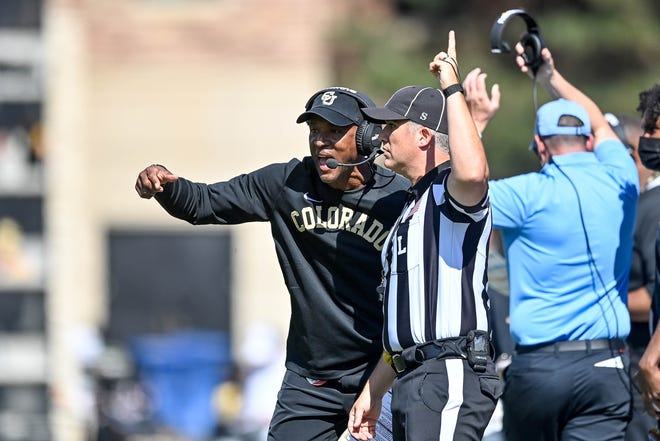
A federal judge on Friday unsealed a warrant authorizing the search of former President Donald Trump's Mar-a-Lago estate when the Justice Department, after conferring with Trump's attorneys, formally asserted the former president did not object to making the search warrant public.
The warrant showed the former president is under investigation for possibly breaking three federal laws: removal or destruction of records, obstructing an investigation, and violating the Espionage Act.
Federal agents retrieved boxes that included 11 sets of classified documents from Trump's Florida home, according to a property receipt released with the warrant. Some of the items had vague descriptors like binders of photos, a handwritten note, information about the “President of France” and the executive grant of clemency for Trump ally Roger Stone, while about half of the documents were classified.
Friday's news:DOJ search warrant shows Trump being probed in connection with espionage statutes

Latest developments:
►The warrant: The warrant signed by a federal magistrate that authorized FBI agents to search Mar-a-Lago seeks documents, records, contraband, fruits of crime or other items illegally possessed in violation of gathering, transmitting or losing national defense information.
►The investigation: Investigators don't necessarily believe Trump is a spy. It is more likely the probe is focused on the careless handling of classified information, making it easier to be accessed by spies, attorneys said.
►The inventory: About half of the documents taken from Mar-a-Lago had confidential, secret or top-secret classifications.
Contents of top secret documents seized at Mar-a-Lago still unknown
The government says former President Donald Trump stored caches of "secret" and "top secret" documents at his Florida resort, but provided no clear hints of what they might contain.
Instead of details or examples, the search warrant unsealed Friday contained line items referring to the seizure of "miscellaneous secret documents," "miscellaneous top secret documents" and "miscellaneous confidential documents."
"The DOJ seems to be investigating an ex-president for knowingly endangering the safety of the nation by refusing to return documents that could do real damage to national security, even after being told to do so," said Patrick Cotter, a former federal prosecutors.
"It is the stuff of cheap political thrillers of the more fantastical variety – until today," Cotter said.
-- David Jackson, Kevin Johnson

Source link









